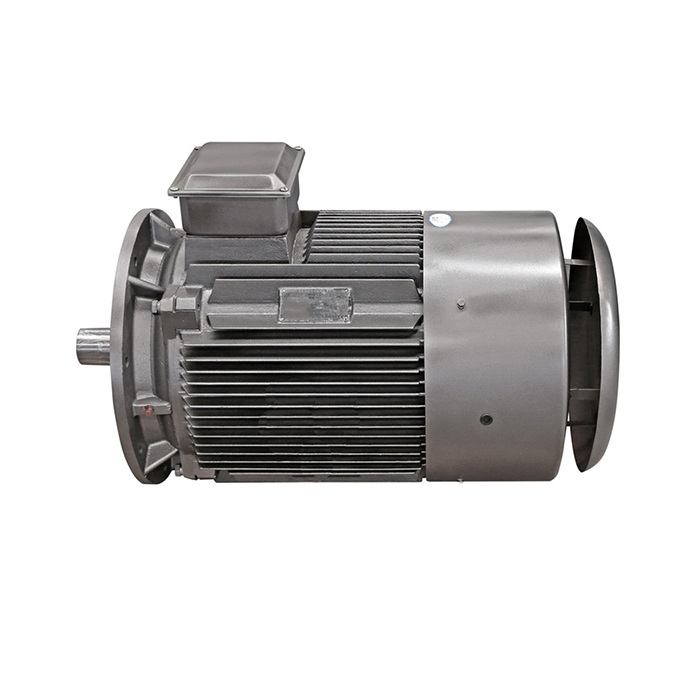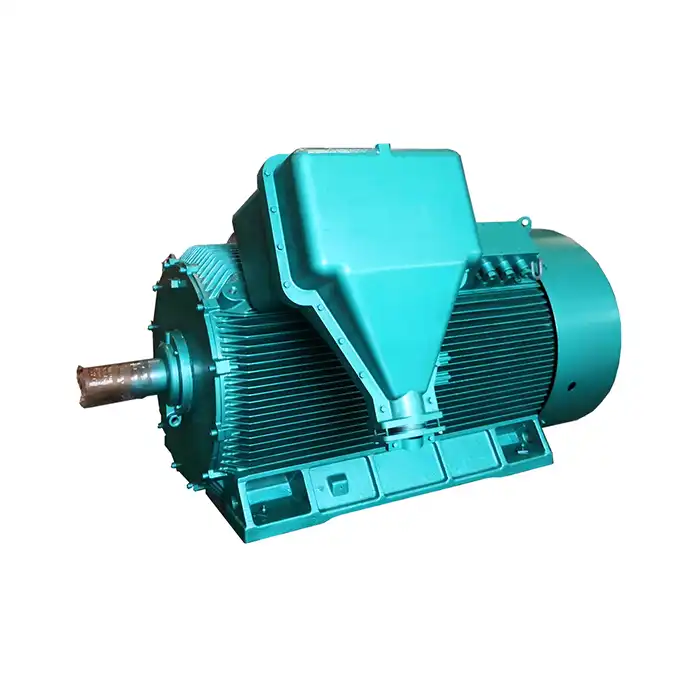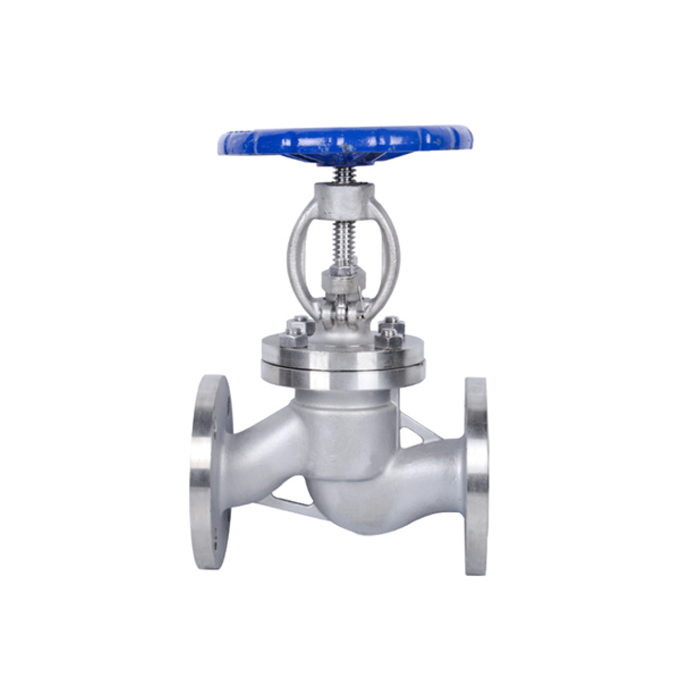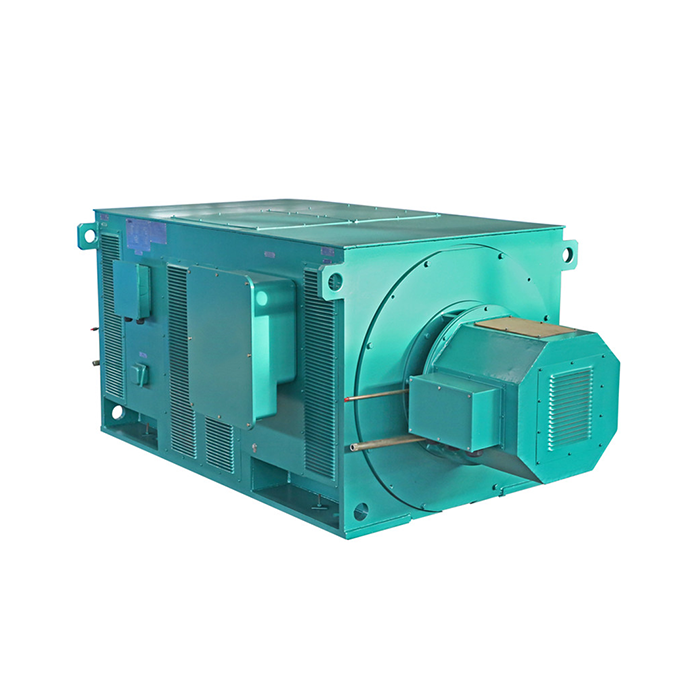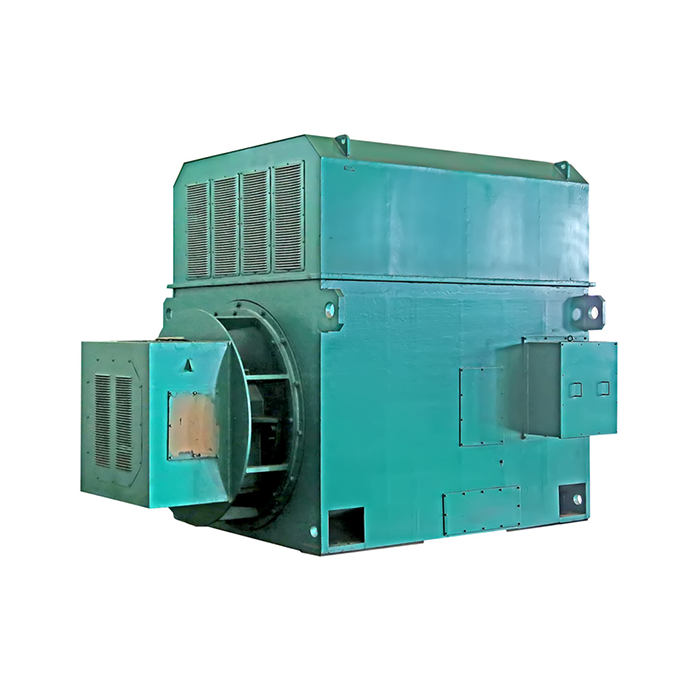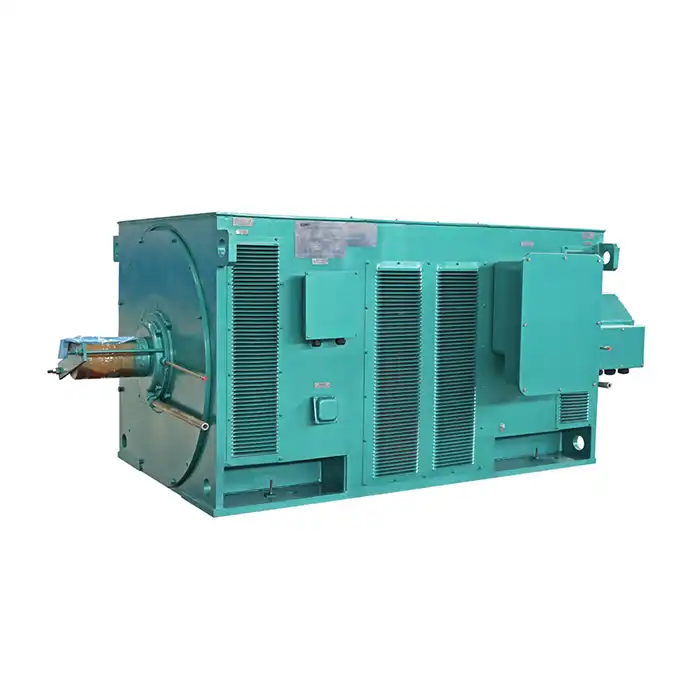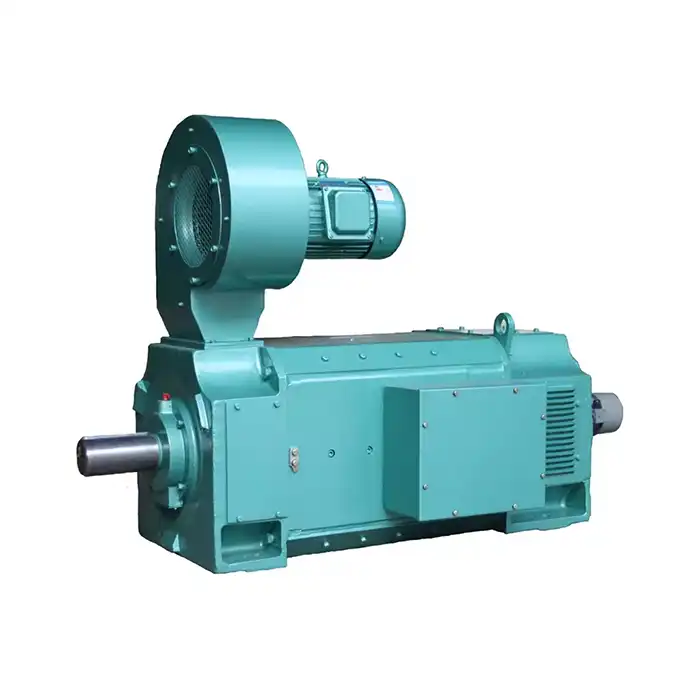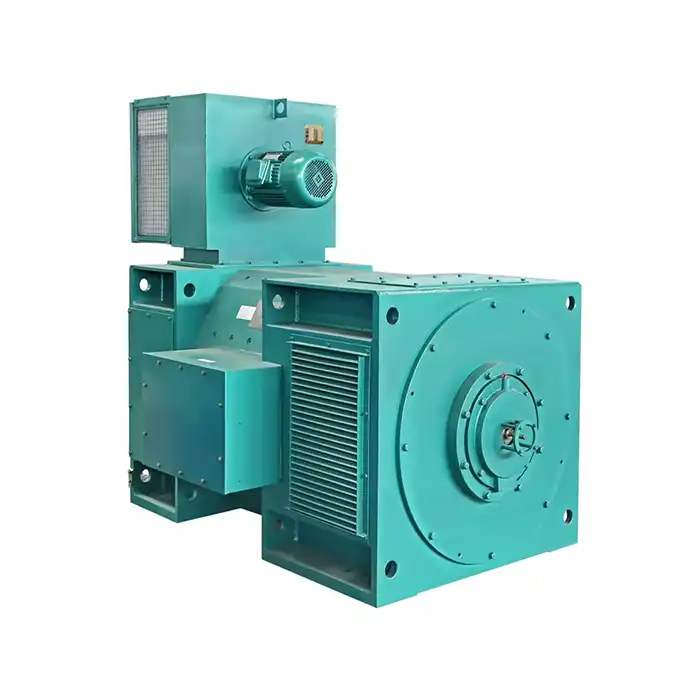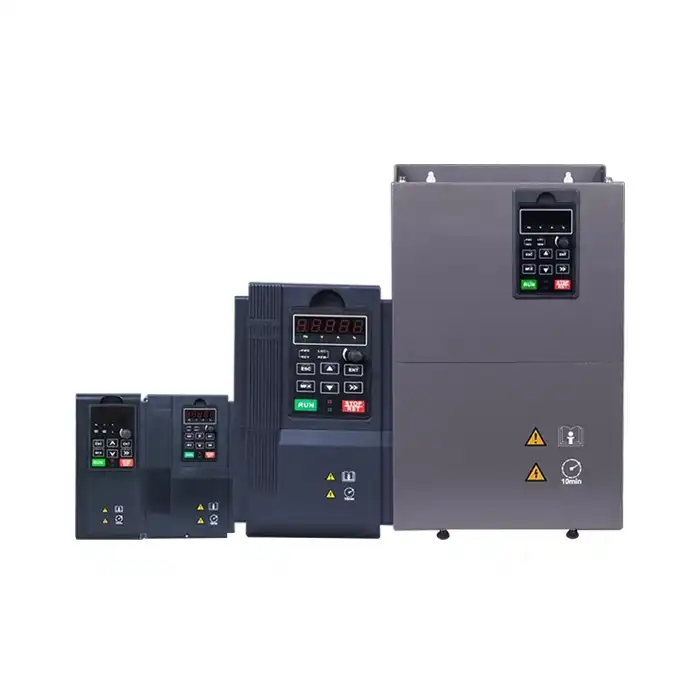Matching Motor Specs to Conveyor Requirements
Selecting the right LV induction motor for your conveyor system is crucial for optimal performance and longevity. Let's dive into the key factors to consider when matching motor specifications to conveyor requirements.
Power and Torque Considerations
The power and torque requirements of your conveyor system depend on various factors, including:
- Load weight
- Belt speed
- Incline angle
- Friction coefficients
XCMOTOR offers a range of LV induction motors with power outputs from 0.75kW to 1000kW, capable of handling diverse conveyor applications. Our motors deliver torque from 5 Nm to 2400 Nm, ensuring smooth start-ups and consistent operation under varying load conditions.
Speed and Voltage Requirements
Conveyor speed is a critical factor in determining the appropriate motor. XCMOTOR's LV induction motors operate at speeds ranging from 500 to 3000 RPM, accommodating both slow-moving and high-speed conveyor systems.
Voltage requirements are another crucial consideration. Our motors are designed to work with standard industrial voltages, ranging from 380V to 660V, ensuring compatibility with existing power systems.
Environmental Factors
The operating environment plays a significant role in motor selection. XCMOTOR's LV induction motors come with a standard IP55 protection class, suitable for most industrial environments. For more demanding conditions, we offer optional IP56 and IP65 protection classes.
Our motors are designed to operate in ambient temperatures from -10°C to +40°C and at altitudes up to 1000m above sea level, making them suitable for a wide range of industrial settings.
Energy Savings in Conveyor Operations
Energy efficiency is a top priority in modern industrial operations. LV induction motors play a crucial role in achieving energy savings in conveyor systems. Let's explore how these motors contribute to energy-efficient operations.
High Efficiency Design
XCMOTOR's LV induction motors are designed with energy efficiency in mind. Our motors meet the IE3 efficiency class standards, ensuring optimal performance with minimal energy waste. The use of high-grade silicon steel in the stator and rotor construction minimizes core losses, further enhancing efficiency.
Right-Sizing for Energy Savings
Selecting the right-sized motor for your conveyor system is crucial for energy efficiency. An oversized motor will consume more energy than necessary, while an undersized one will struggle and potentially fail under load. XCMOTOR's wide range of power outputs allows for precise matching to your system's requirements, optimizing energy consumption.
Variable Speed Drives and Energy Savings
Integrating variable speed drives (VSDs) with LV induction motors can lead to significant energy savings in conveyor operations. VSDs allow motors to operate at lower speeds when full power is not required, reducing energy consumption during periods of light load or idle time.
Troubleshooting Common Conveyor Motor Issues
Even the most reliable LV induction motors may encounter issues from time to time. Understanding common problems and their solutions can help maintain smooth conveyor operations. Let's examine some frequent issues and their remedies.
Overheating Problems
Overheating is a common issue in conveyor motors and can lead to reduced efficiency and premature failure. Possible causes include:
- Excessive load
- Poor ventilation
- Electrical issues
Regular monitoring of motor temperature and addressing any cooling system issues can help prevent overheating. XCMOTOR's LV induction motors are designed with efficient cooling systems to maintain optimal operating temperatures.
Vibration and Noise
Excessive vibration or noise from a conveyor motor can indicate various problems, including:
- Misalignment
- Loose mountings
- Bearing issues
Regular maintenance checks and proper installation can prevent many of these issues. XCMOTOR's motors are built with precision-balanced rotors and high-quality bearings to minimize vibration and noise.
Electrical Faults
Electrical faults can cause motor failure or erratic operation. Common electrical issues include:
- Insulation breakdown
- Short circuits
- Unbalanced voltage supply
Regular electrical testing and maintenance can help identify and prevent these issues. XCMOTOR's LV induction motors are built with high-quality insulation materials and undergo rigorous testing to ensure electrical reliability.
Conclusion
LV induction motors are essential components in conveyor systems across various industries. By understanding the key factors in motor selection, energy efficiency considerations, and common troubleshooting techniques, you can ensure optimal performance and longevity of your conveyor system. XCMOTOR's range of high-quality LV induction motors offers reliable solutions for diverse conveyor applications, backed by our commitment to quality and customer satisfaction.
FAQ
1. What is the power range of XCMOTOR's LV induction motors?
XCMOTOR offers LV induction motors with power outputs ranging from 0.75kW to 1000kW, suitable for a wide variety of conveyor applications.
2. What protection classes are available for XCMOTOR's LV induction motors?
Our standard motors come with IP55 protection, with optional IP56 and IP65 classes available for more demanding environments.
3. How can I ensure energy efficiency in my conveyor system?
Selecting the right-sized motor, using IE3 efficiency class motors, and integrating variable speed drives are effective ways to improve energy efficiency in conveyor operations.
Take Action Today
XCMOTOR's LV induction motors offer exceptional performance, reliability, and energy efficiency for your conveyor systems. Our products are built to last, with high-quality components and rigorous quality control processes. By choosing XCMOTOR, you're not just buying a motor; you're investing in a solution that will drive your operations forward. Our team of experts is ready to assist you in selecting the perfect motor for your specific needs. Don't let motor issues slow down your conveyor operations. Contact us today at xcmotors@163.com to discuss how our LV induction motors can power your success.



